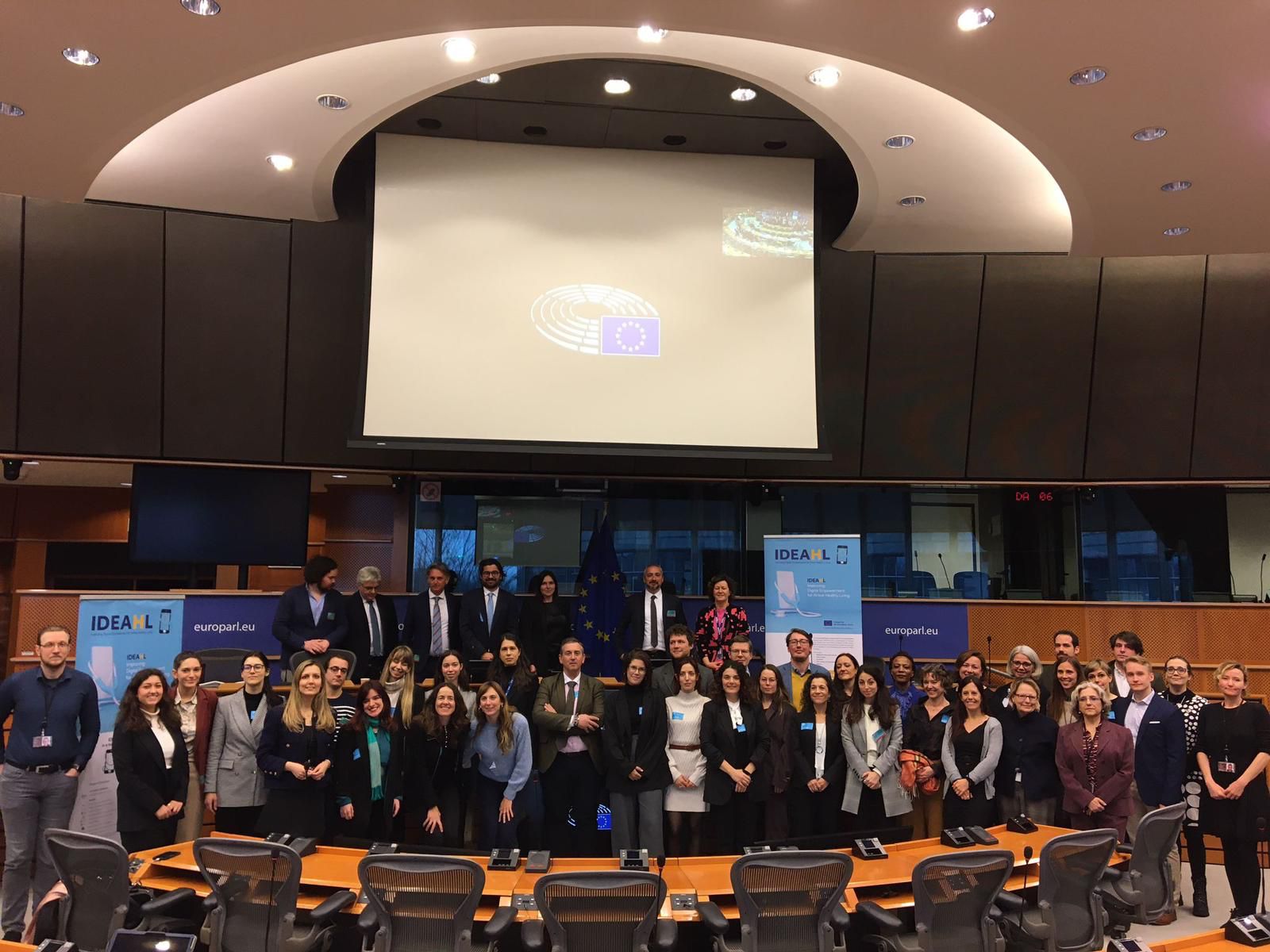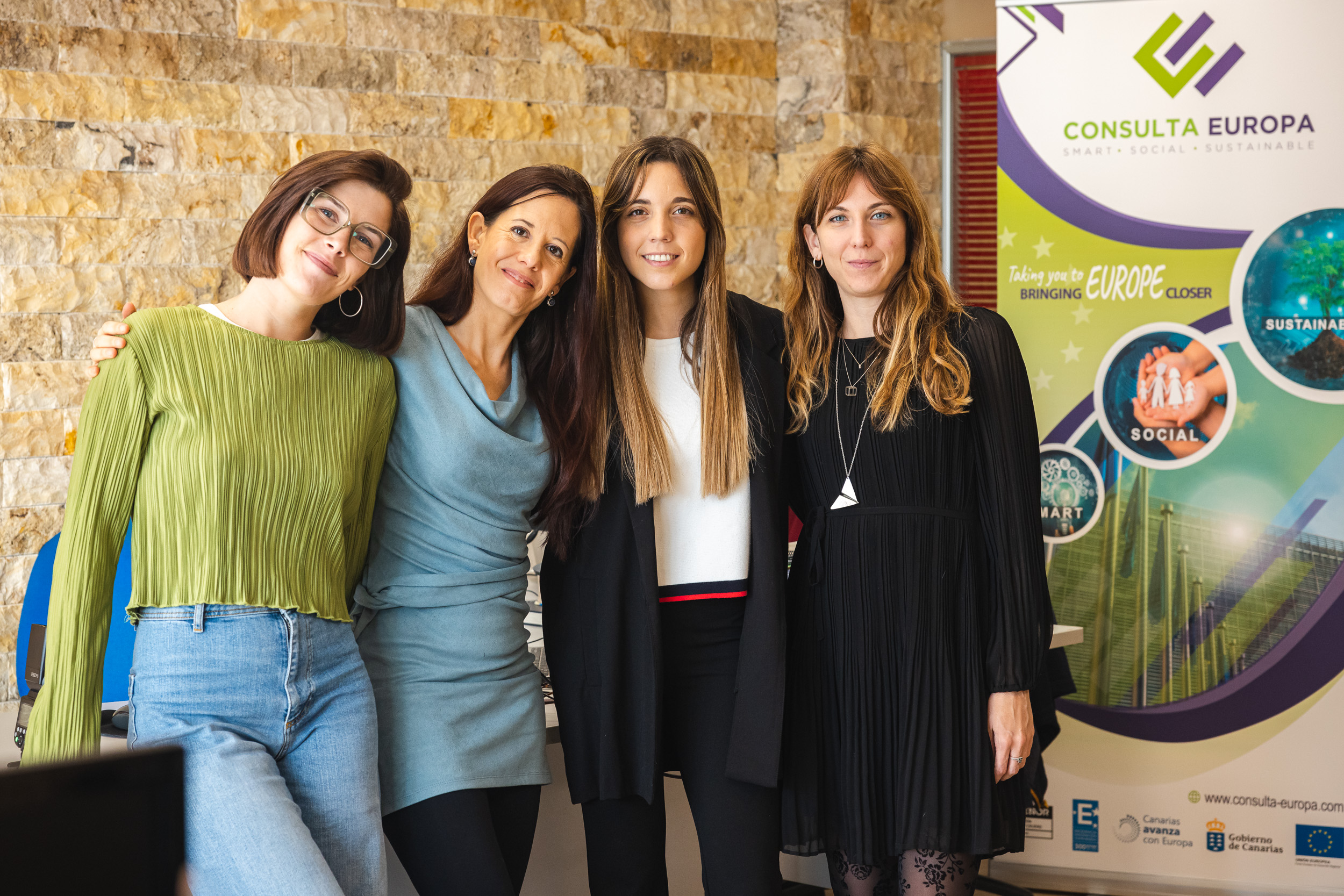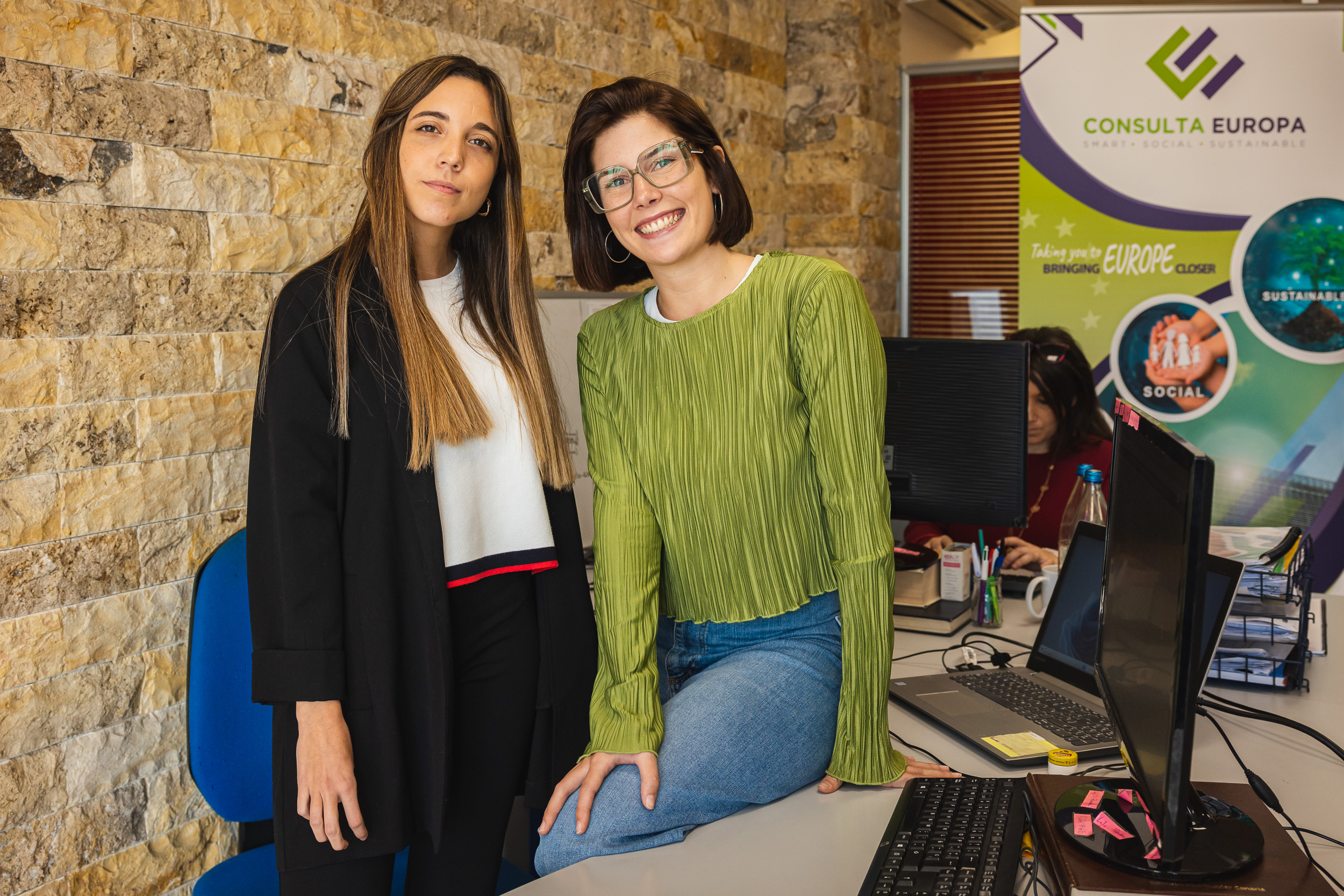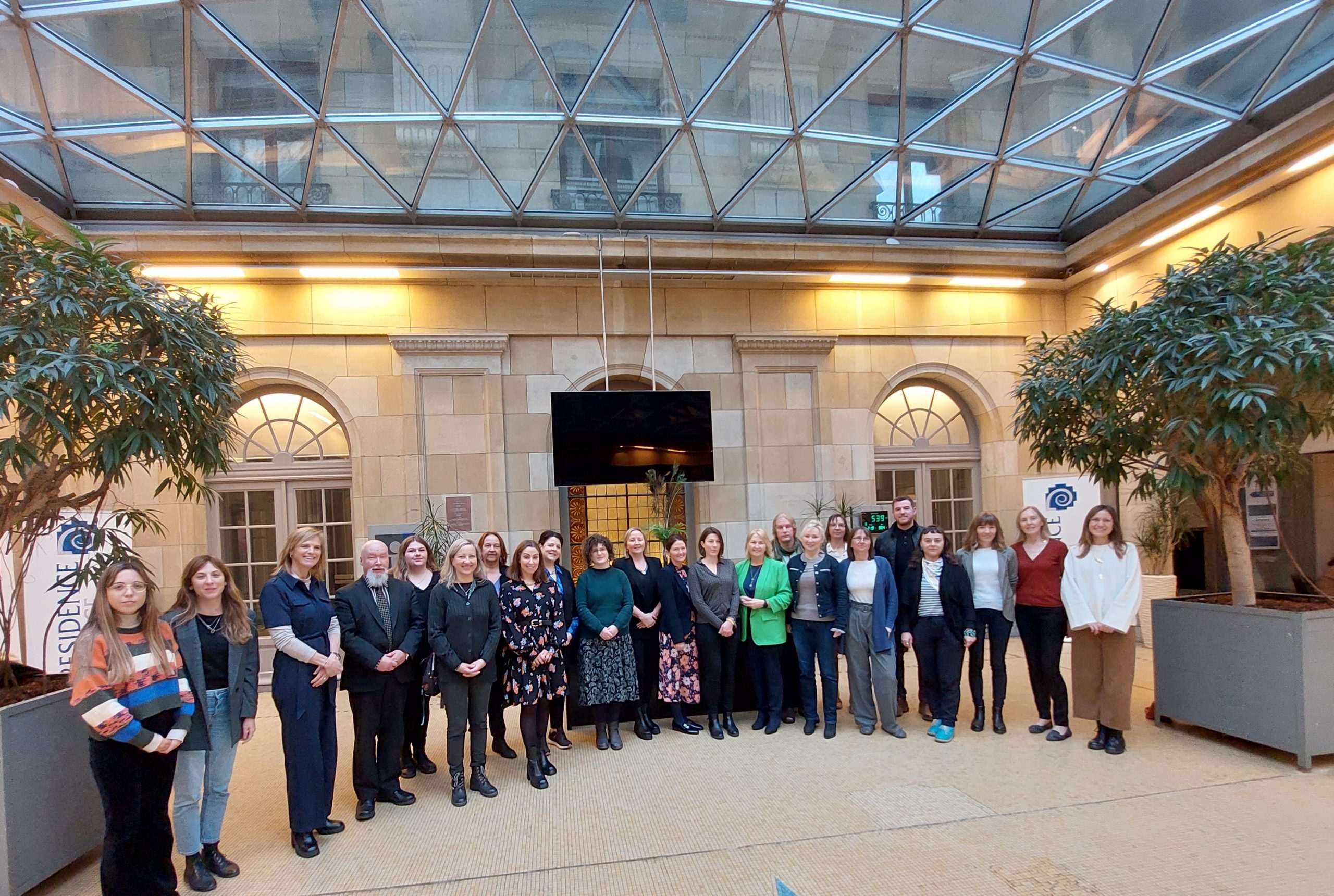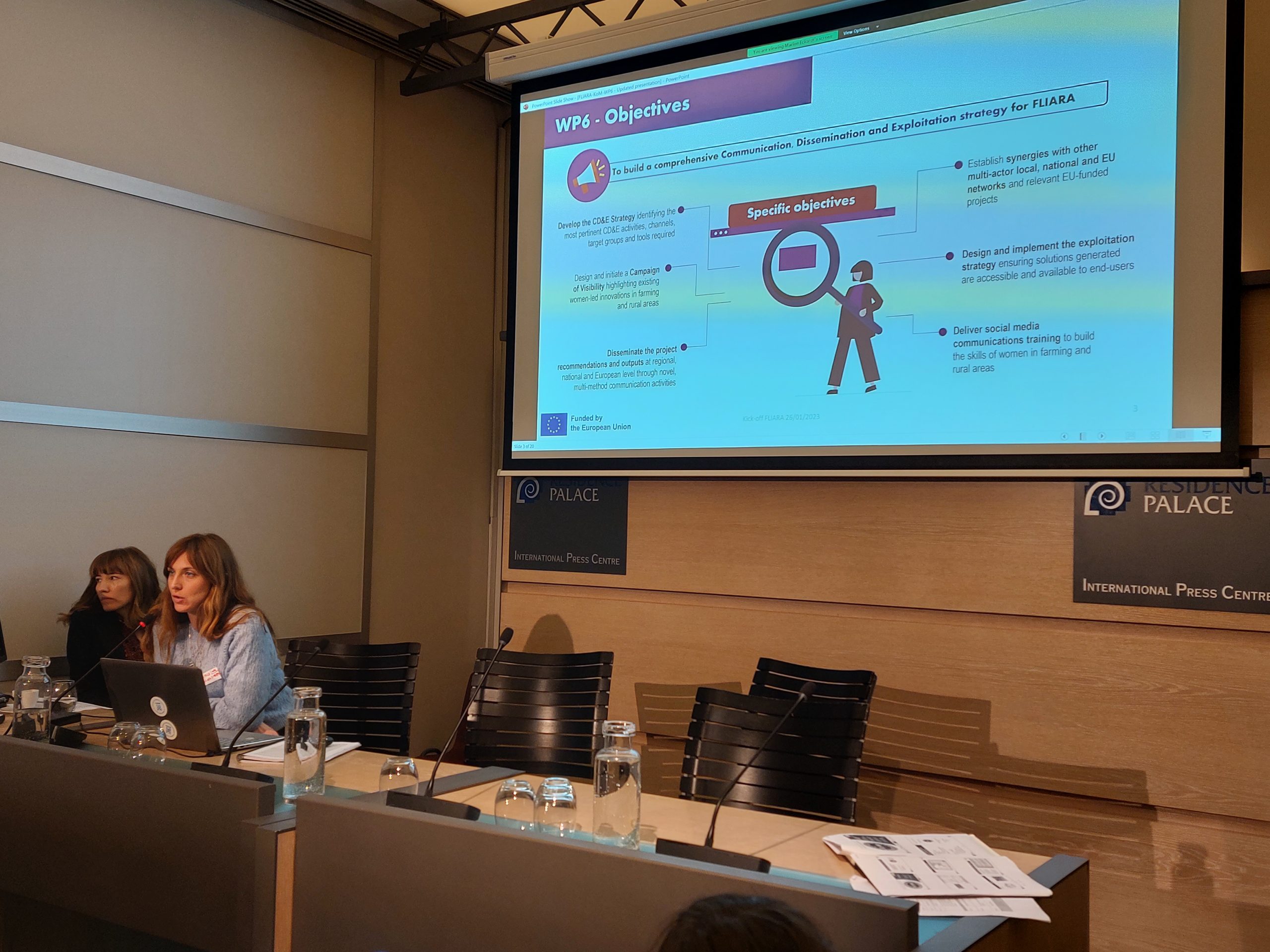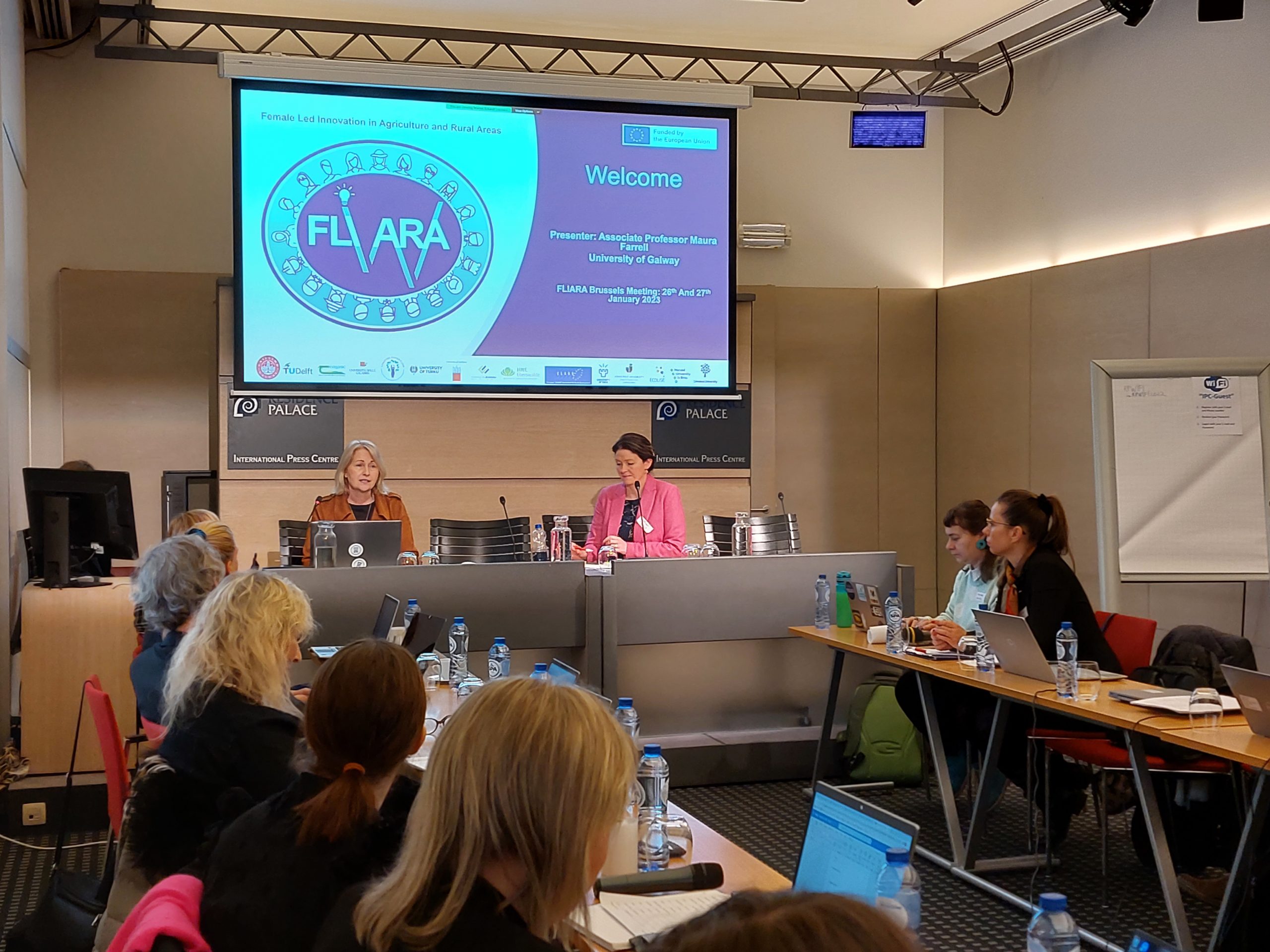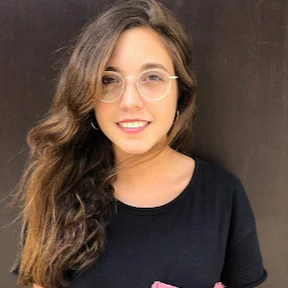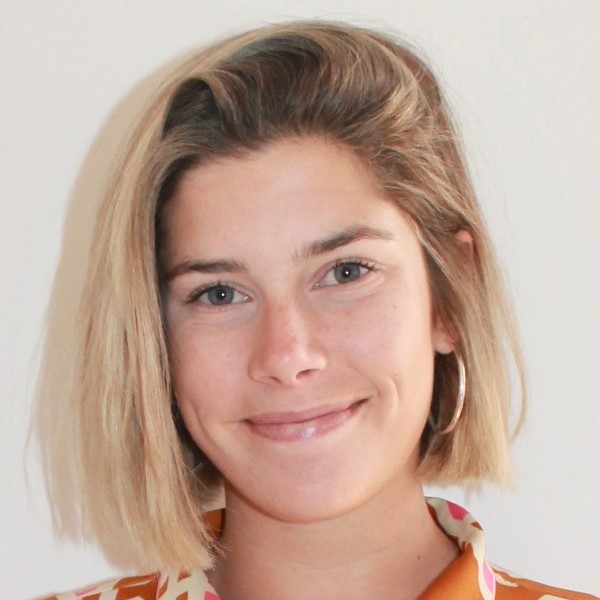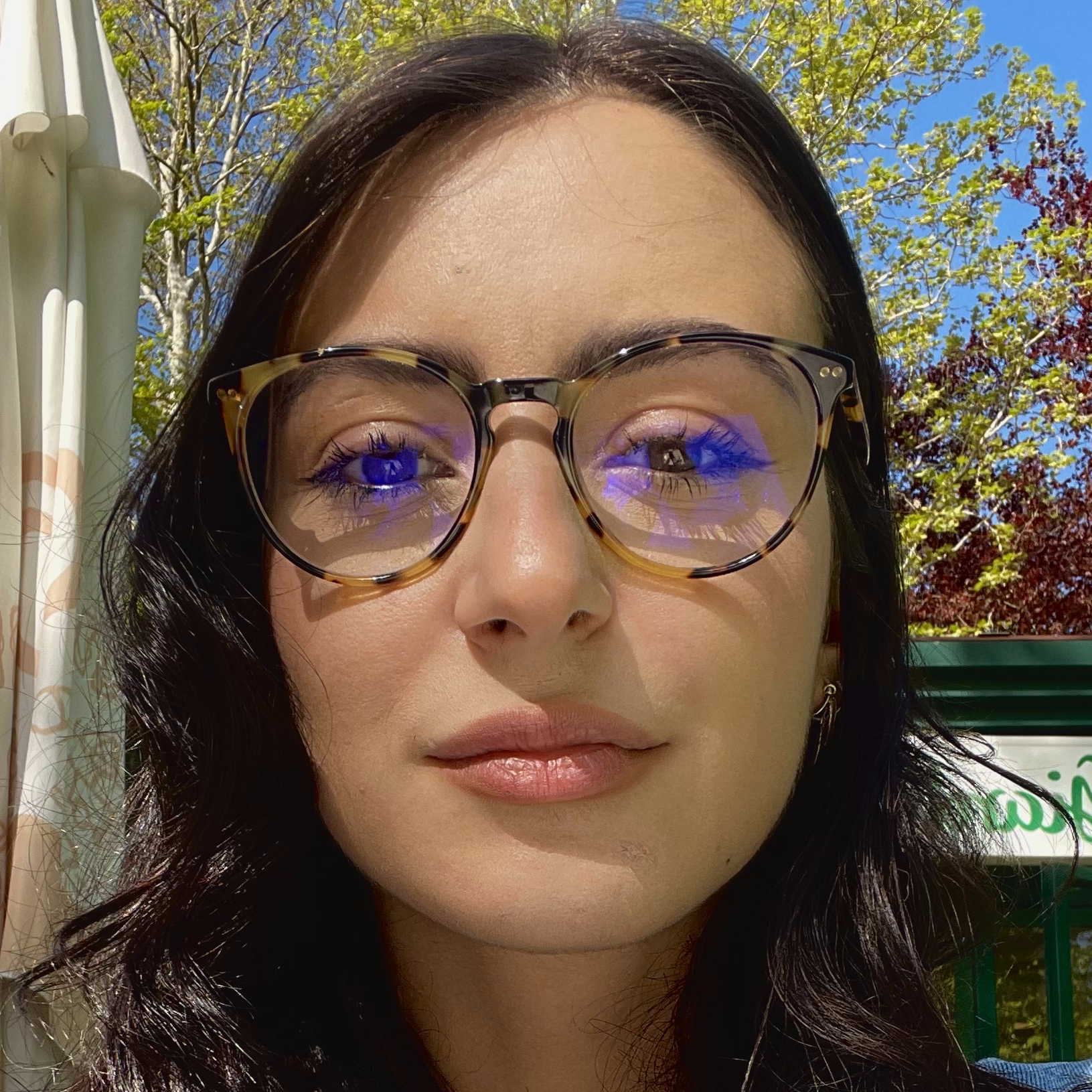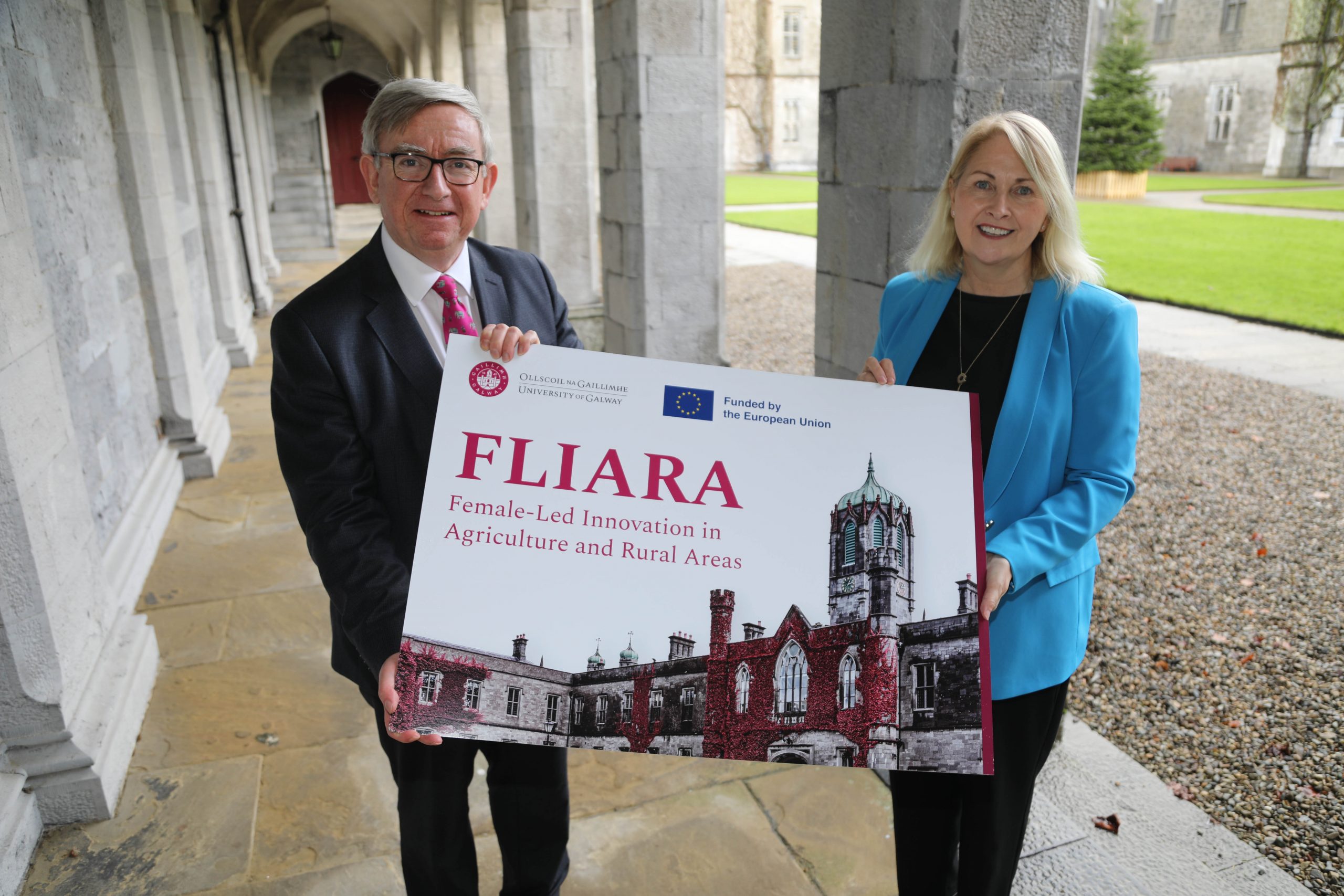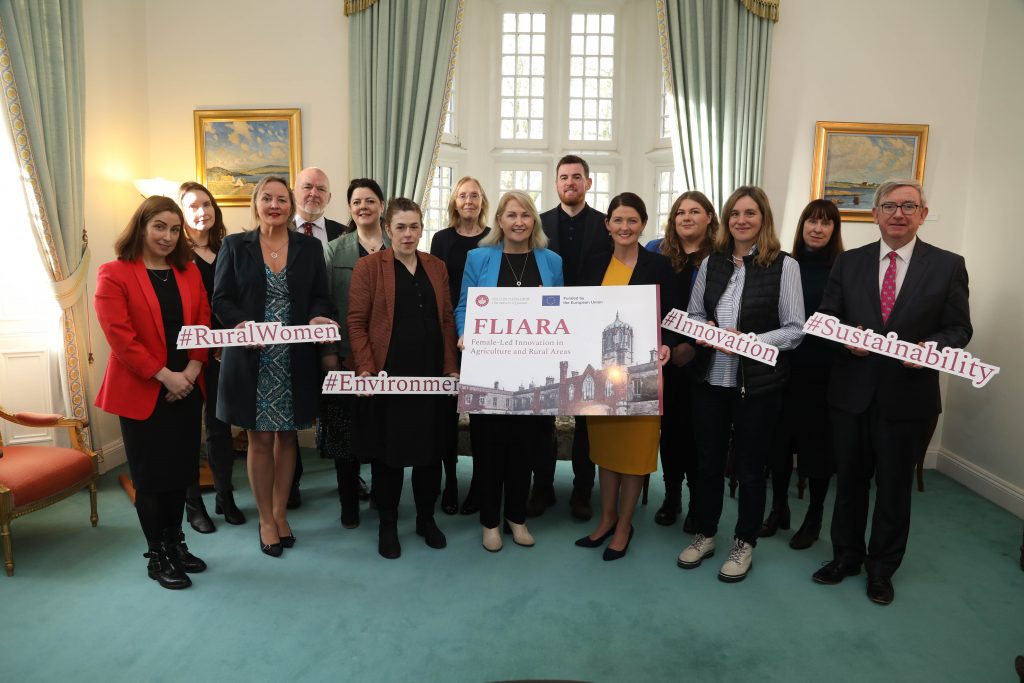Consulta Europa is thrilled to announce the succesful completition of the baseline workshop to set the basis for the elaboration of the Vision and Mission of the University of Las Palmas de Gran Canaria under the framework of the EXPER project.
Michelle Perello, CEO at Consulta Europa falicitated the discussion at the premises of the University of Las Palmas de Gran Canaria, gathering essential insights to feed the elaboration of the vision and mission, first phase under the co-design methodology developed by CE. With an innovative approach, a brainstorming session took place last april, 27th, 2023 among canarian stakeholders.
Representatives from ULPGC-FCPCT and organisations such as PROEXCA, Cámara de Comercio de Gran Canaria, ZEC, Cluser Marítimo de Canarias, and EMERGE actively participated in the co-design session.
The ULPGC team expressed its gratitude to all participants and reiterated its commitment to ensuring that the Vision and Mission reflect the needs of the community and are in line with the EXPER project’s goals.
The session concluded with valuable inputs from participants, emphasising local development and commitment to the surrounding ecosystem, which will be included in the upcoming Strategy and Action Plans of the University.
This activity is also taking place in the Azores Islands to collect useful inputs to develop the Vision and Mission of the University of the Azores.
Online Consultation
Alongside, to ensure wider public participation in the process, an online consultation by CE is currently running on the social media platforms. Interested parties can access it via the following link: https://bit.ly/3L7X42j
Building a Brighter Future for UAC and ULPGC
This activity is also currently taking place in the Azores Islands to collect useful inputs to develop the Vision and Mission of the University of the Azores within the EXPER Project.

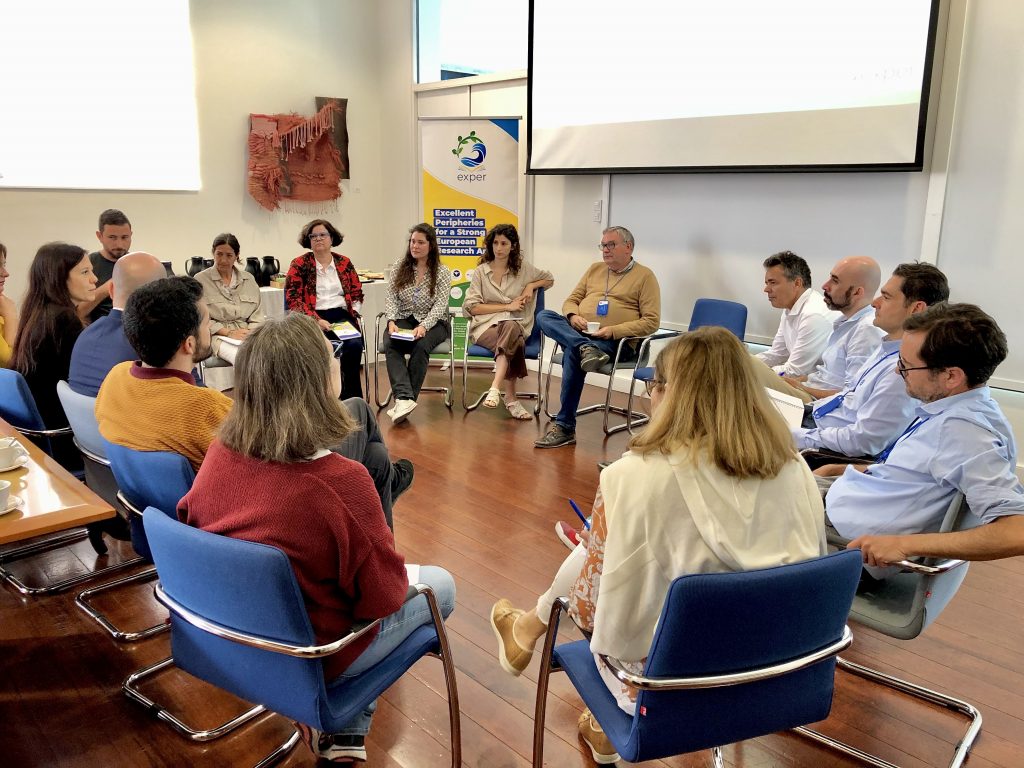
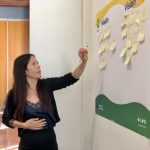
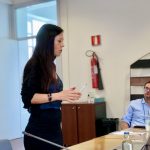
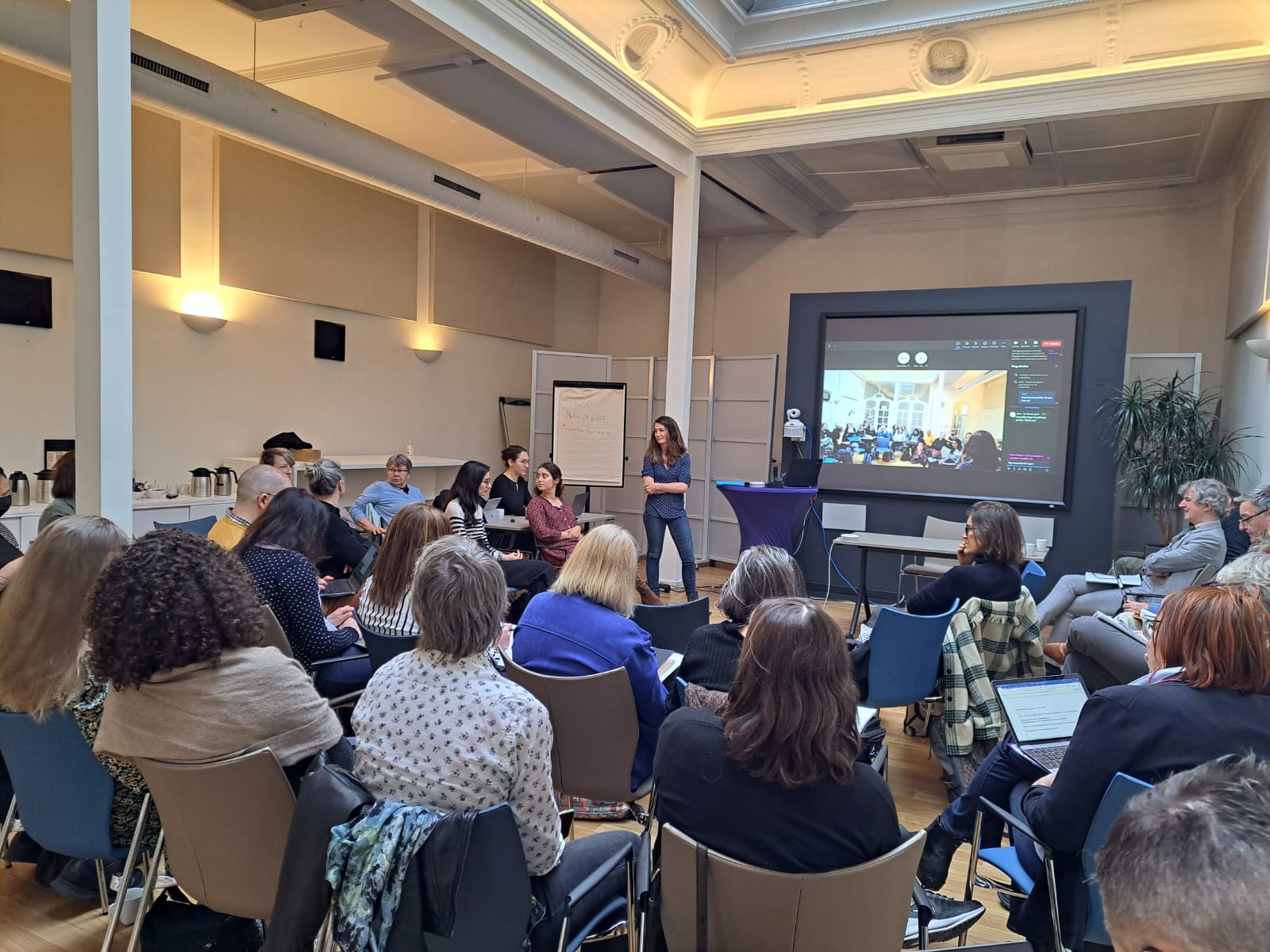
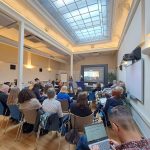
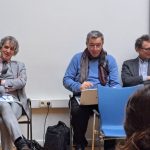
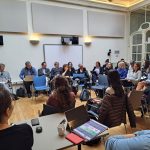
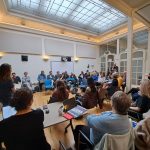
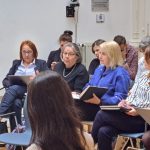

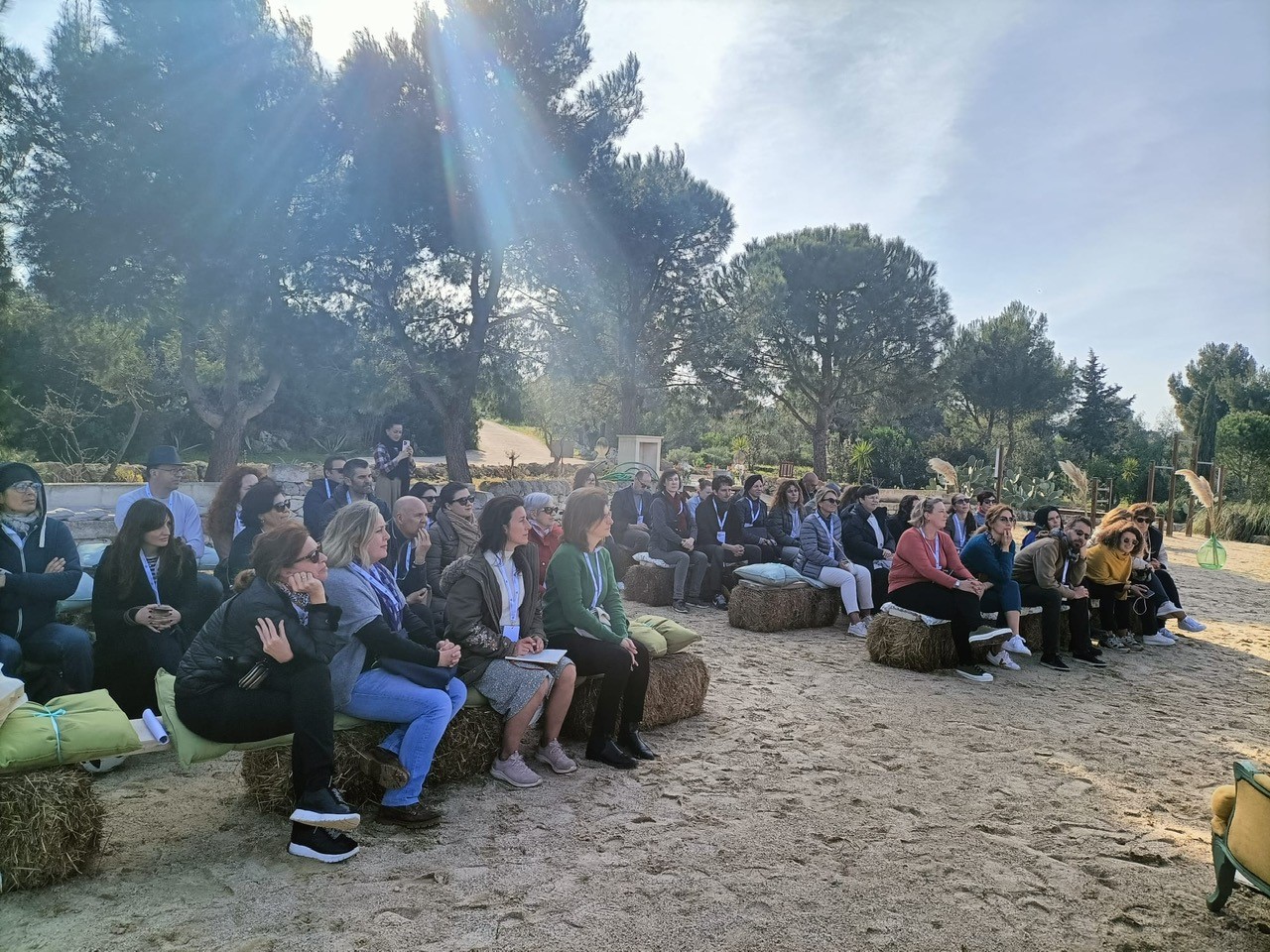
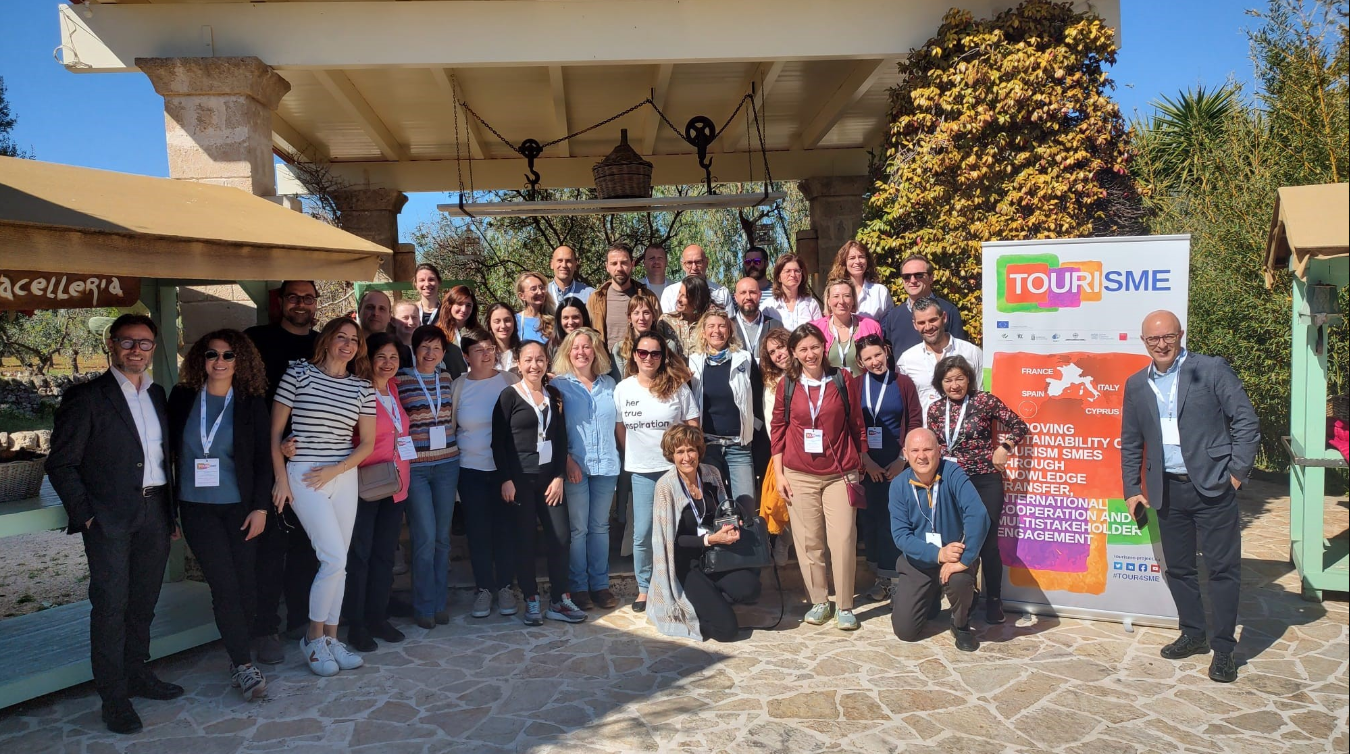
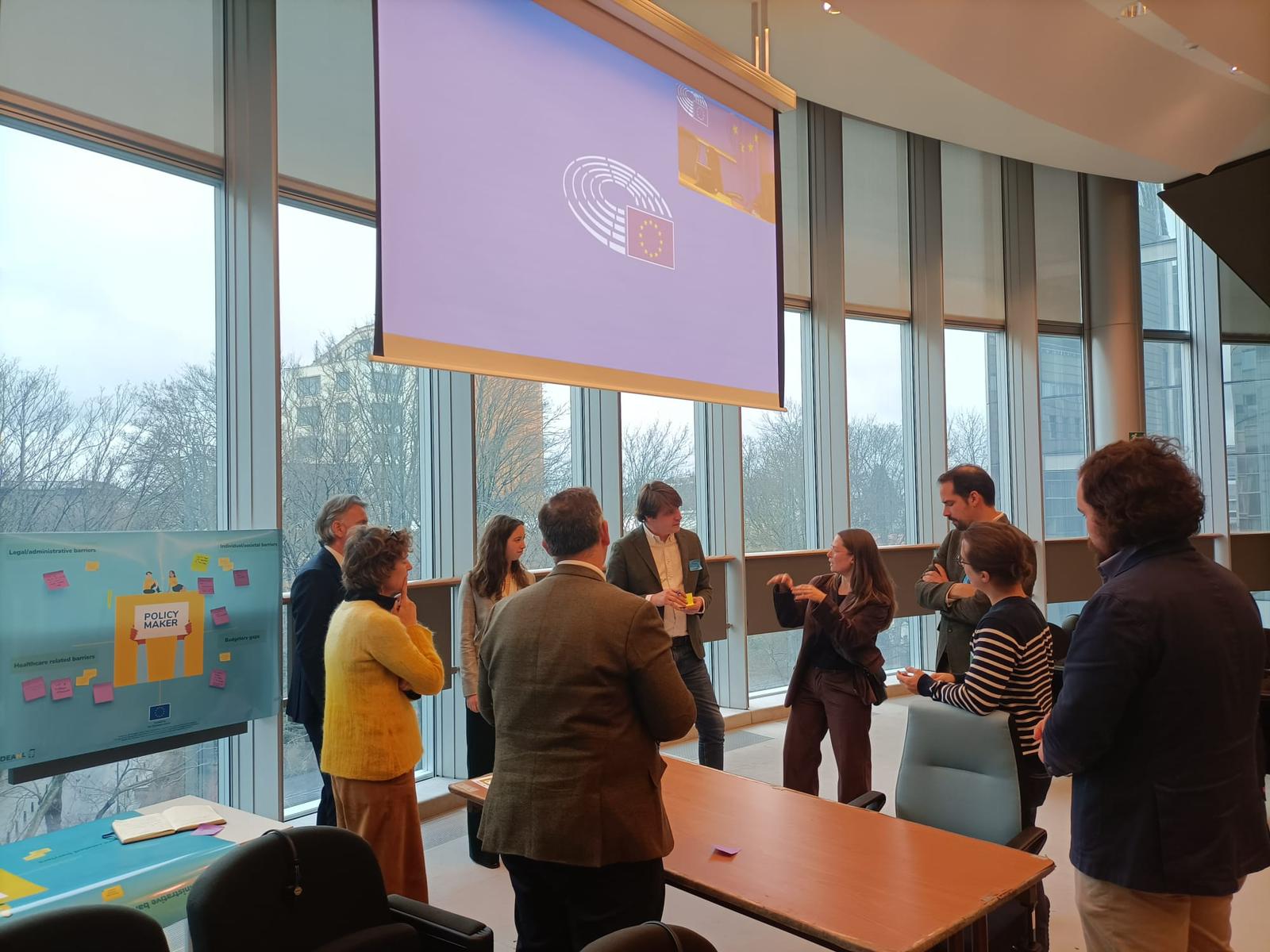
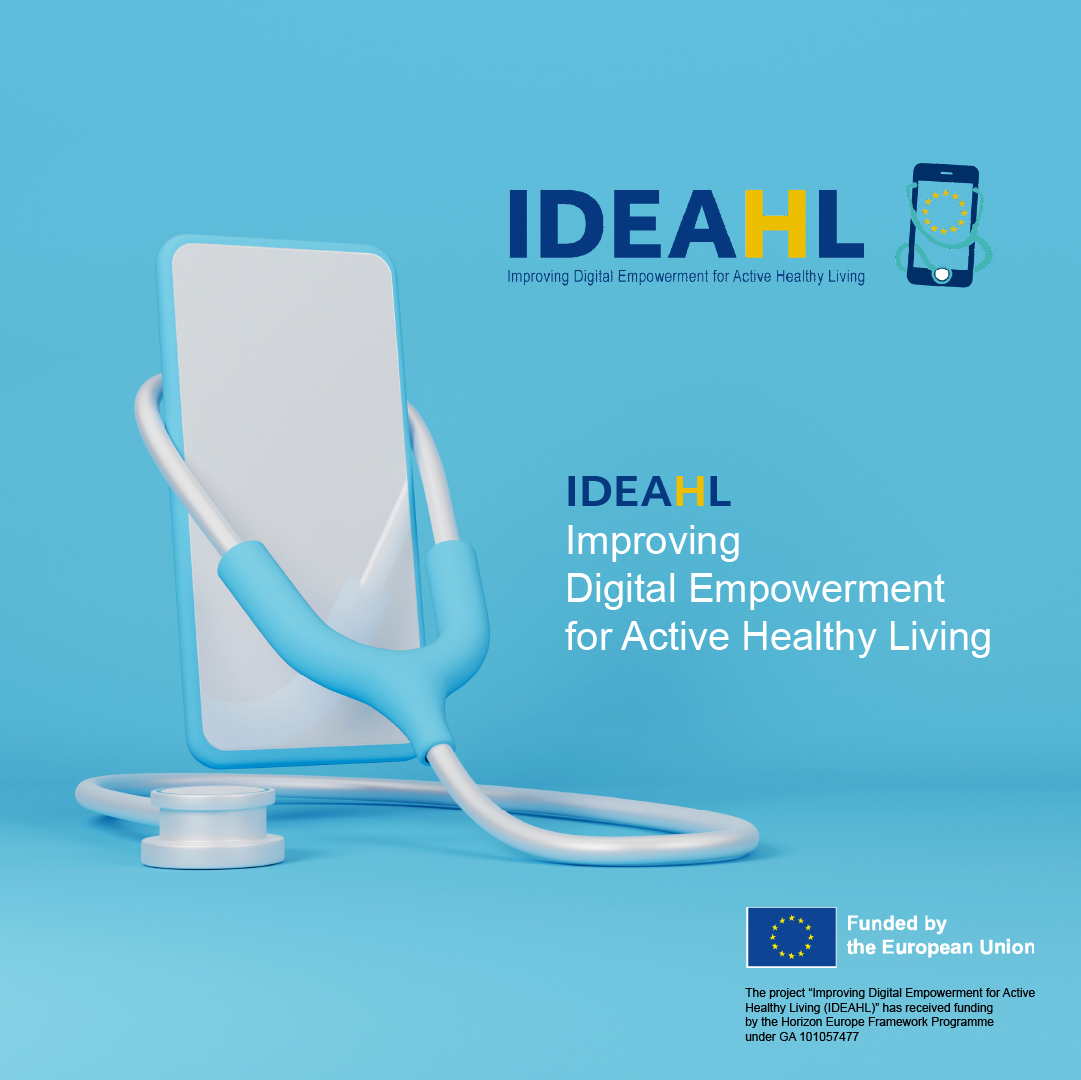 The IDEAHL project, ‘Improving Digital Empowerment for Healthy and Active Living’ is one of the projects managed by Consulta Europa, composed of 14 multidisciplinary partners from 10 EU member states. The ultimate goal of this project is to empower EU citizens to use digital tools to take a more active role in managing their own health and well-being, as well as to support social innovations for person-centred care models.
The IDEAHL project, ‘Improving Digital Empowerment for Healthy and Active Living’ is one of the projects managed by Consulta Europa, composed of 14 multidisciplinary partners from 10 EU member states. The ultimate goal of this project is to empower EU citizens to use digital tools to take a more active role in managing their own health and well-being, as well as to support social innovations for person-centred care models.